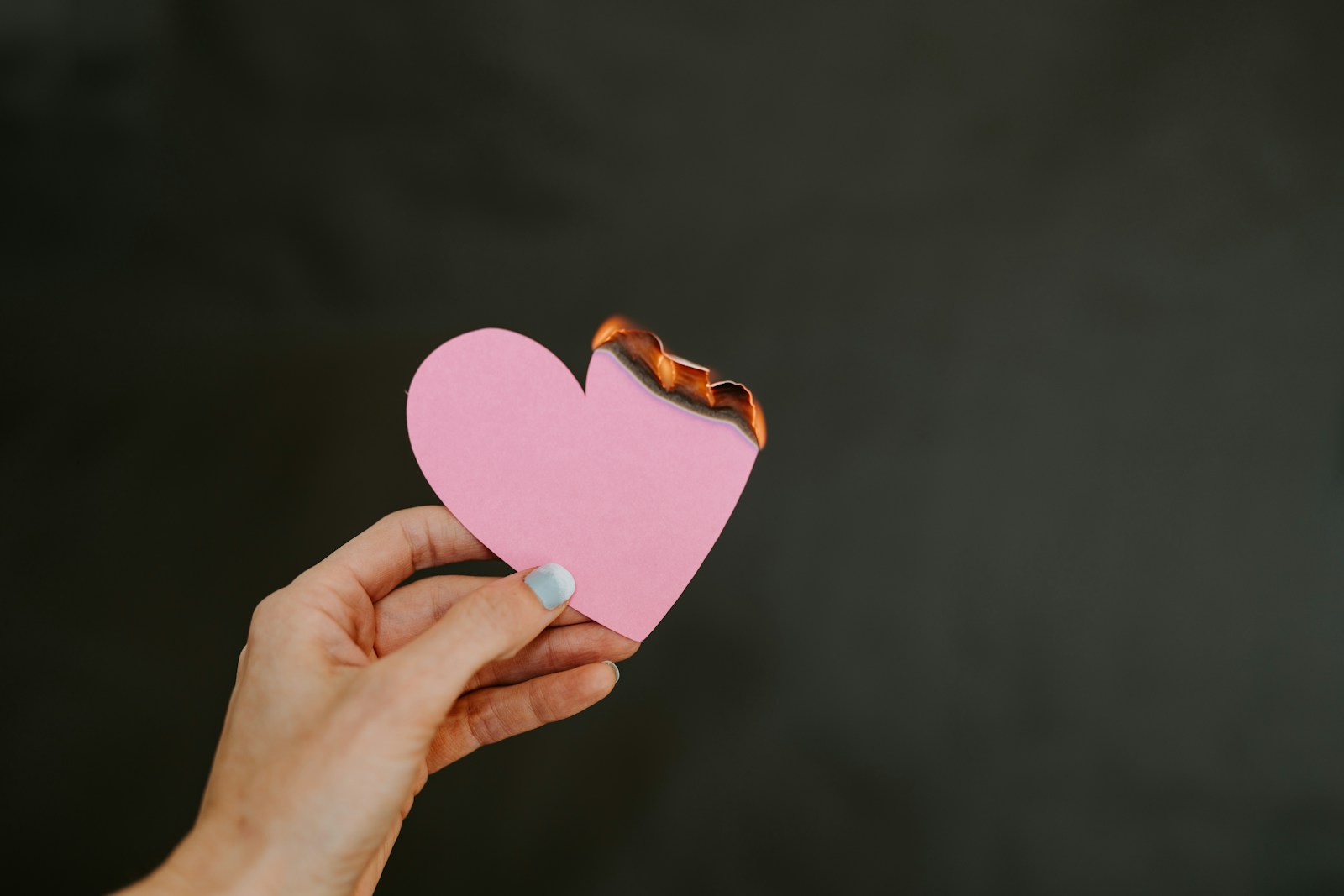Experiencing your first romantic relationship can be exhilarating. It brings new emotions, exciting experiences, and the comforting sense of connection. But when that first love ends, it can feel like the world is crumbling beneath you. The pain of a first breakup is often intense, triggering a whirlwind of emotional turmoil and confusion. Yet, as painful as it is, this chapter is often a powerful catalyst for self-discovery and emotional growth.
Why First Breakups Hurt So Deeply
Your first romantic relationship holds a special place in your heart. It often represents the first time you fully let someone in, dared to be emotionally vulnerable, and learned to love another person deeply. When this bond breaks, the pain can be profound and disorienting.
The Emotional Highs of First Love
First loves are vivid. They are often idealized and intense because they are new. Psychologically, your brain releases a powerful cocktail of neurotransmitters during love, including dopamine and oxytocin, creating strong emotional bonds. When the relationship ends, the emotional withdrawal feels similar to addiction recovery.
The Loss of Identity
First relationships often define a period of our lives. You may start seeing yourself through the lens of a partner, involving their likes, needs, and perspectives in your identity. Losing this connection can leave you feeling uncertain about who you are without them.
Unfamiliarity With Heartbreak
Because you’ve never experienced this kind of loss before, the emotional intensity takes you by surprise. There’s no prior experience to draw on, making it harder to regulate your emotions and navigate the storm effectively.
Common Emotional Reactions
Though each breakup is personal, there are common emotional stages that many people experience after a first relationship ends:
- Shock and denial: You may struggle to accept that the relationship is truly over.
- Anger: Feelings of betrayal or resentment may rise as you try to make sense of what happened.
- Sadness and grief: As reality sets in, sadness often becomes overwhelming.
- Anxiety: Fear about the future and loneliness may begin to surface.
- Reflection: After time, you begin to process the relationship and learn from the experience.
Knowing that these emotions are valid and temporary can help you manage them with more compassion and patience.
Healthy Ways to Cope With Your First Breakup
Coping with a breakup, especially your first, takes time and effort. Here are strategies rooted in psychological research that can help you heal:
1. Allow Yourself to Grieve
Heartbreak is a form of grief. You’re mourning the loss of expectations, shared moments, and emotional connection. Allow yourself to cry, journal your thoughts, or talk to someone you trust. Suppressing emotions will only prolong the healing process.
2. Set and Respect Emotional Boundaries
It’s tempting to stay connected with your ex out of habit or a desire for closure. However, maintaining contact can hinder emotional recovery. Limiting direct communication and unfollowing them on social media platforms can provide necessary emotional space.
3. Avoid Idealizing the Past
It’s natural to remember the good parts of a relationship more vividly, especially after a breakup. But it’s important to consider why the relationship ended. A balanced view helps you move forward with clarity and strength.
4. Focus on Rebuilding Yourself
Use this period to reconnect with parts of yourself that may have been overshadowed during the relationship. Pursue hobbies, friendships, and personal goals. This is an opportunity to grow and rediscover who you are.
5. Practice Self-Compassion
It’s easy to blame yourself or question your worth after a breakup. Instead, make a conscious effort to treat yourself with kindness. Speak to yourself as you would to a dear friend going through the same pain.
6. Seek Support When Needed
Don’t minimize your pain. Talk to friends, family, or a therapist who can help you process your emotions and offer perspective. You’re not alone in this journey.
What You Learn From Your First Breakup
As difficult as it is, a first breakup offers lessons that shape your emotional resilience and maturity. Here are some key takeaways many people discover:
Understanding Emotional Boundaries
Relationships reveal how you manage closeness and independence. A breakup can teach you the importance of establishing healthy emotional and physical boundaries in future relationships.
Emotional Regulation Skills
Surviving heartbreak involves learning to sit with uncomfortable feelings without acting impulsively. These newfound skills serve you in all areas of life, not just relationships.
Clearer Relationship Values
Now that you’ve experienced what works and what doesn’t, you can develop a clearer sense of what you want in a future partner, and what your deal-breakers are. This self-awareness is essential for building healthier connections down the line.
Greater Empathy
Having gone through heartbreak, you’re better equipped to understand and support others who are experiencing similar struggles. This empathy is a cornerstone of emotional intelligence.
Healing Is Nonlinear but Inevitable
There’s no universal timeline for getting over a first breakup. Some people begin to feel better in a matter of weeks; for others, it takes months. What matters is continuing to nurture your mental and emotional wellbeing during the process.
Signs That You’re Healing
- You think about your ex less often and with less emotional charge.
- You feel more interested in future plans and personal goals.
- You’re able to recall the relationship without overwhelming sadness.
- You’ve reconnected with friends, hobbies, and parts of yourself that were neglected.
If you’re not experiencing these signs after a long period, it might be helpful to explore unresolved feelings with a mental health professional.
Building Resilience for Future Relationships
Once the initial pain fades, it becomes clear that the first breakup doesn’t mark the end of your romantic life — it’s a stepping stone. You’ve grown wiser and braver. You now understand more about yourself, your needs, and what you seek in love.
Commit to Self-Discovery
What did this relationship teach you about your habits and patterns? Do you tend to lose yourself in love? Do you fear being alone? The more honest you are, the more empowered you become.
Reframe the Experience
Instead of viewing the breakup as a personal failure, see it as part of your psychological development. It’s not about who was right or wrong, but about what you learned and how you grow from it.
Open Yourself to New Experiences
When the time feels right, be open to meeting new people or trying new things. You don’t have to rush into a new relationship, but letting yourself re-engage with the world helps open your heart again.
Conclusion: From Heartbreak to Healing
A first breakup can feel like the end of everything you knew and hoped for. But with time, support, and self-compassion, it often becomes the beginning of a deeper relationship — the one you build with yourself. Heartbreak teaches us to set boundaries, value ourselves, and love in more intentional, healthy ways. Most importantly, it shows us that even in loss, growth is possible.
You will love again. But the next time, you will walk in with more wisdom, emotional strength, and clarity — all hard-won gifts from navigating your first experience of love and loss.




